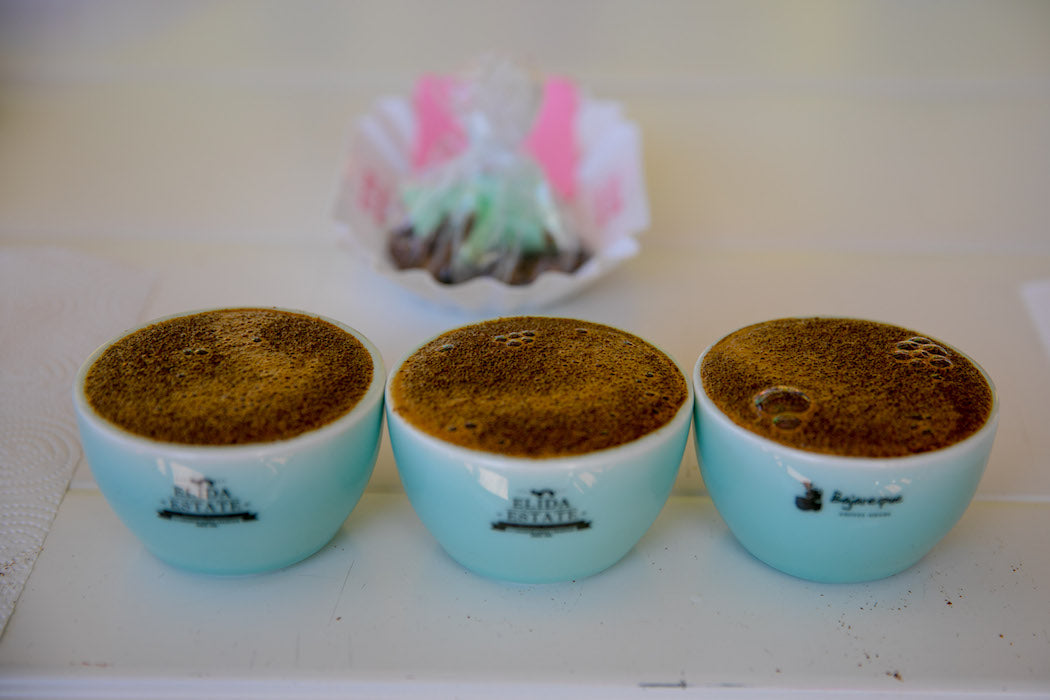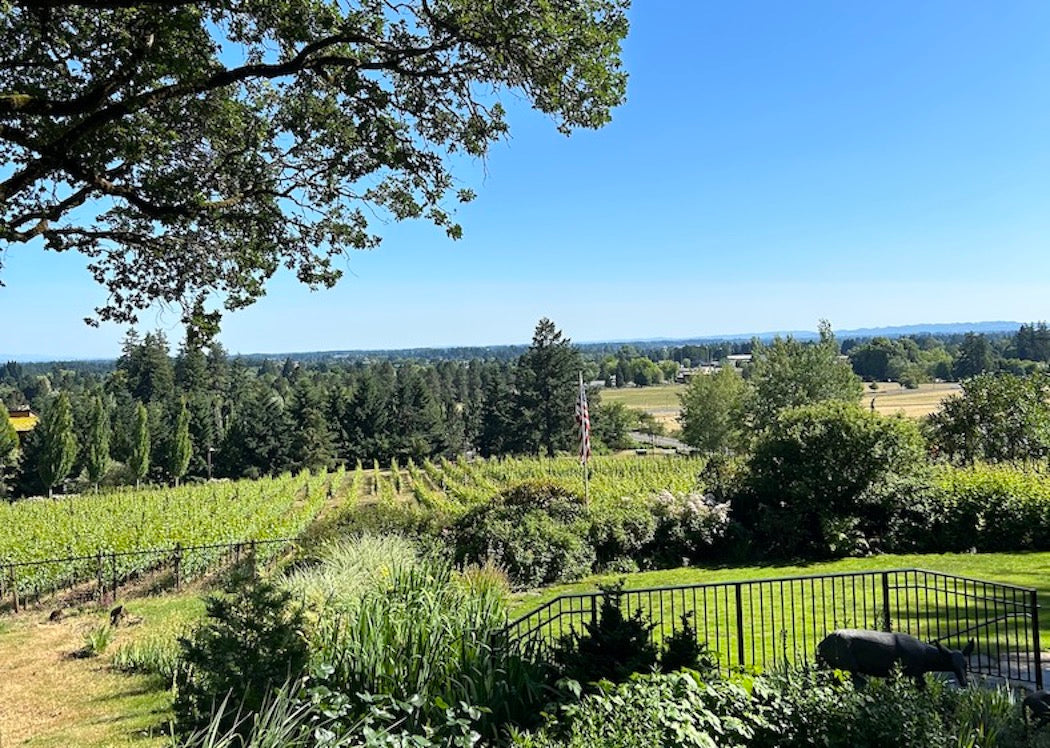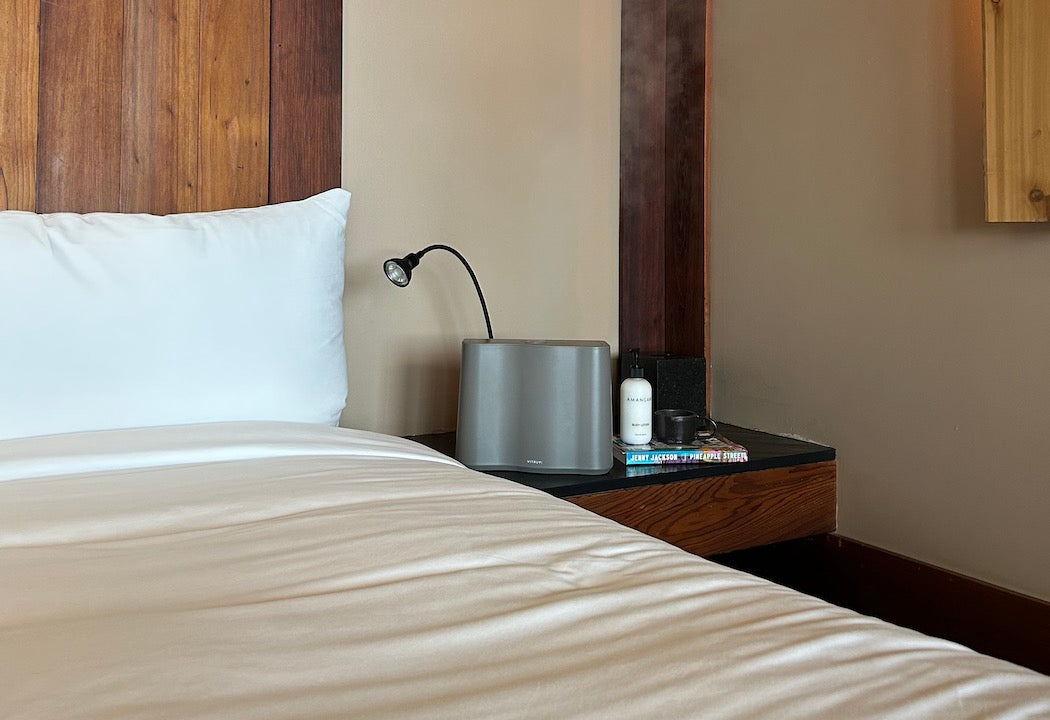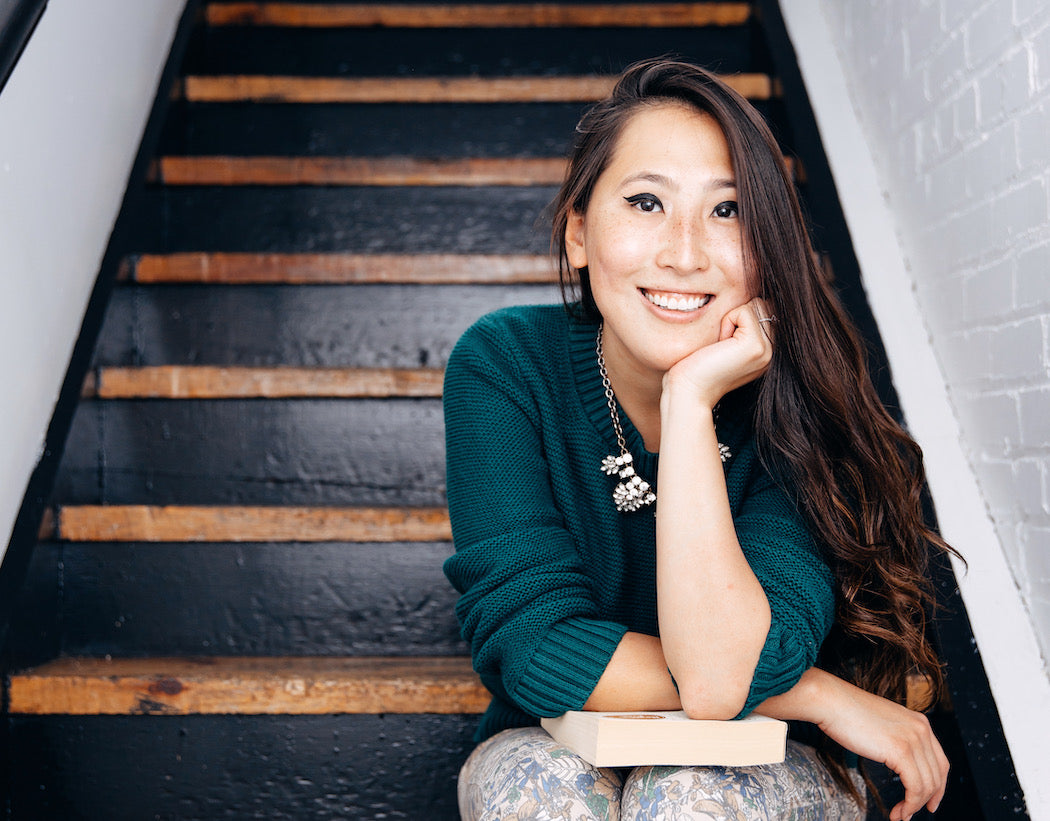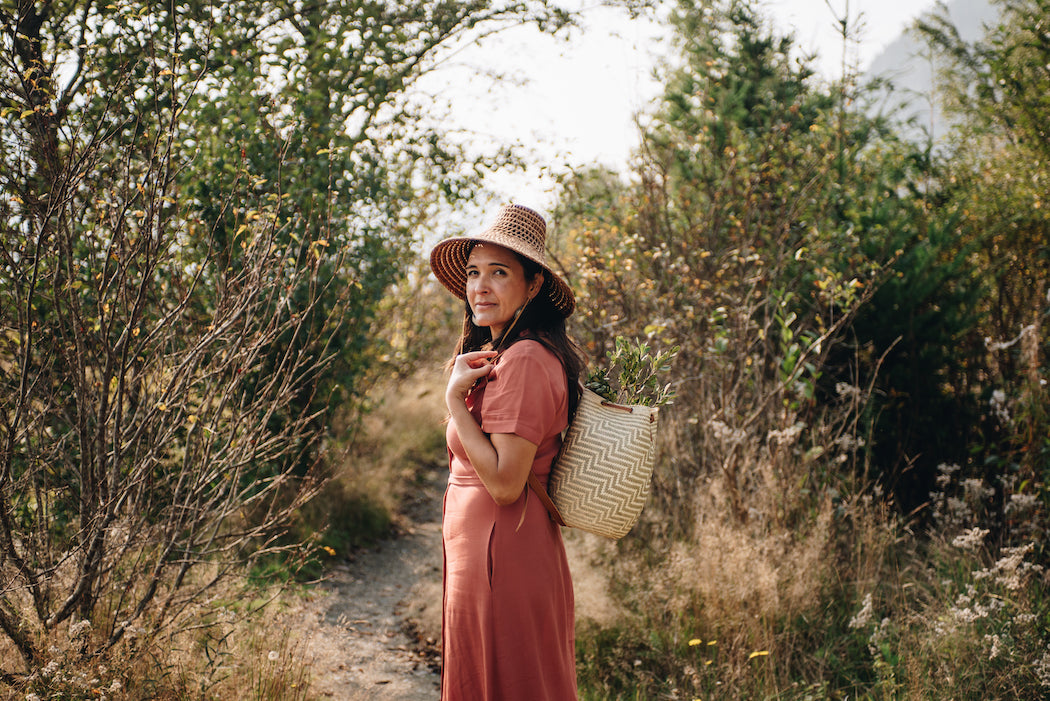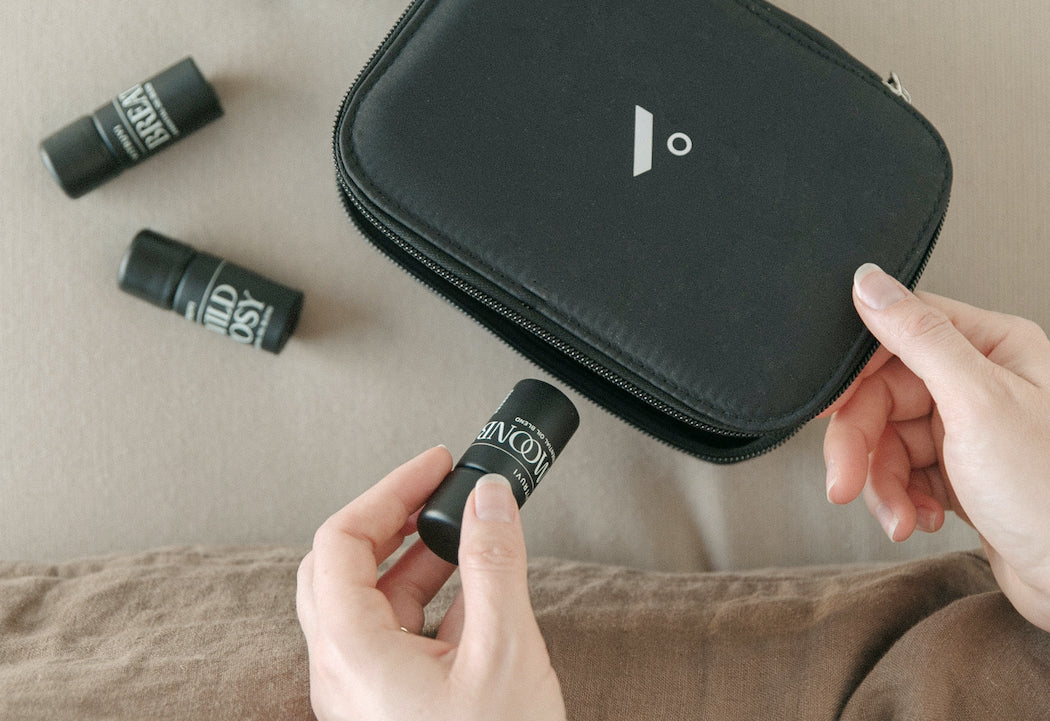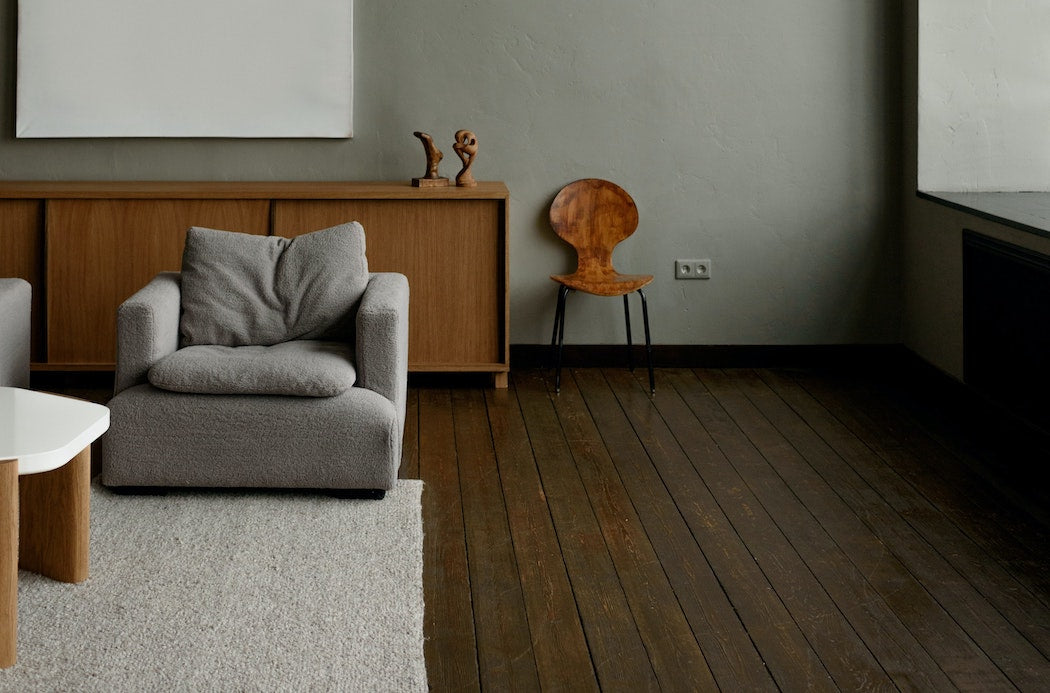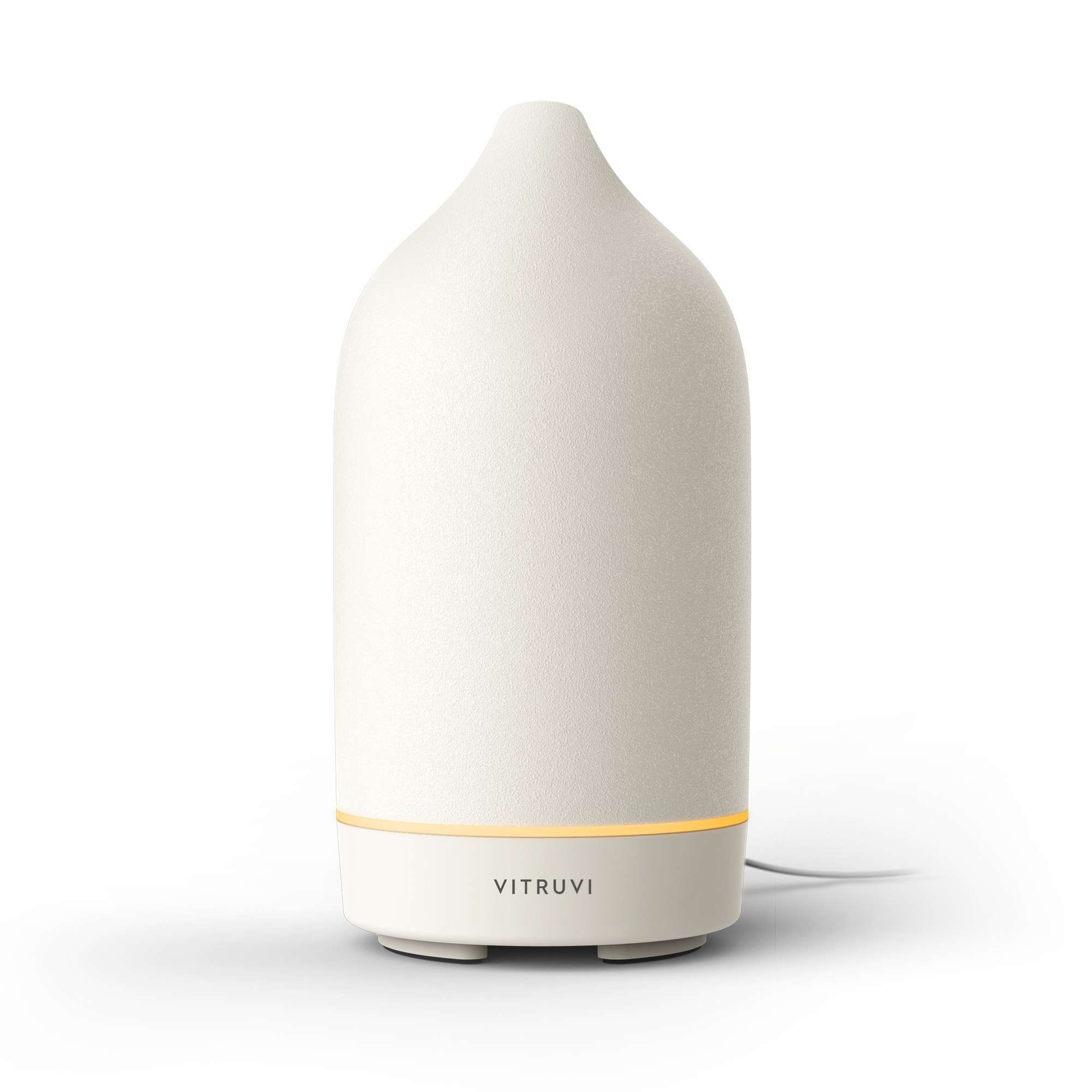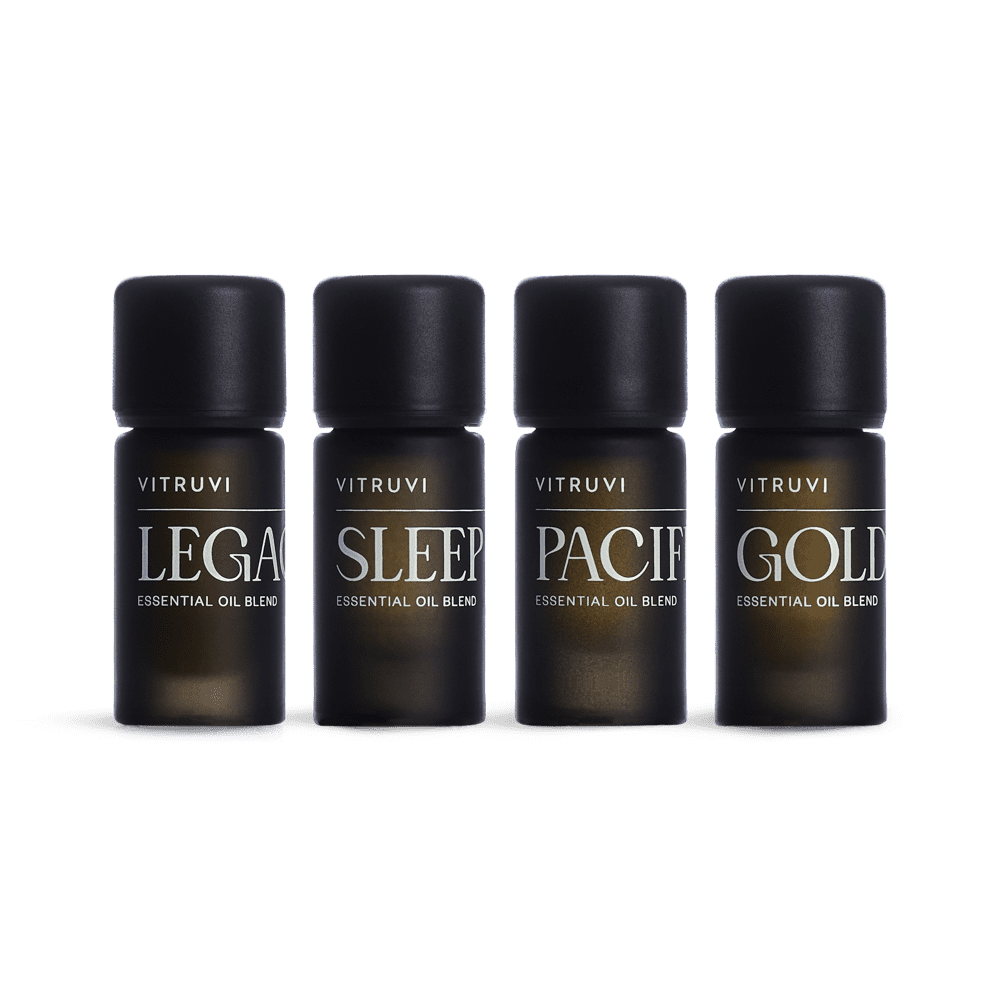The most lauded and expensive coffee in the world comes from small, rather unassuming Panama. In the country’s gorgeous Chiriquí Province, which is centred by charming towns including Boquete and Volcan, mountainous elevations and volcanic soils add complexity to the coffee that is grown here. Then there’s the geisha factor.
Geisha (or gesha) coffee is aromatic, layered, and elegant, the coveted queen of beans; originating in Gesha, Ethiopia, geisha crops were eventually planted in Costa Rica and Panama. Like pinot noir and other temperamental grapes, geisha berries take more care and coaxing to yield results. As far as global coffee plantations (called fincas here) go, Panamanian farms are often small and family-run, compared to larger operations in coffee-producing countries like neighbouring Colombia.
In 2004, Panama’s Hacienda La Esmeralda made waves in competition, attracting record prices for its geisha coffee; in 2018, the Lamastus Family Estates Elida Natural Geisha 803 sold for $803 per pound at the Best of Panama coffee auction, officially making Panamanian coffee the most expensive in the world. California’s mini-coffee chain Klatch serves 803 in java epicentres like San Francisco (often for over $100 USD a cup); according to Lamastus, Northern California coffee roasters such as Equator and Verve were among the first to source their beans over a decade ago.
When tasting 803 coffee, it unfolds from fruity and floral to earthy and lush. The Chiriquí Province is rife with such rare, spectacular coffees—and at lower prices than the 803. Many fincas are run by multi-generation families, with daughters often rising up in the company. Young entrepreneur Victoria Koyner, for example, is schooled on both coffee and chocolate at her family's cacao and coffee farms, centred by tastings at their chocolate factory and shop, called Kotowa Victoria Chocolate. And Aurora Brene grew up in geisha coffee with her father’s Auromar, where she helps with branding; she is working to spread Panamanian coffee further in her role with Cafe Unido, which is expanding internationally, opening its first American store in DC.
There is a rich coffee history here. Carmen Estate has excelled at Arabica coffee since 1960; the aforementioned Elida was founded in 1918, run by two generations of husbands and wives; and since 1914, Cafetalera Fernandez (Gran Del Val is its export name in Japan, Europe, and North America) is also run by a multi-generational family and was Panama’s first ecological coffee processing mill. Families often have homes on the properties, with generations working side by side.
As acclaim grows for this region, the coffee world is primed to fall in love with beans from Panama. Regardless of the price, this coffee is full of flavour, depth, and most of all, heart.

